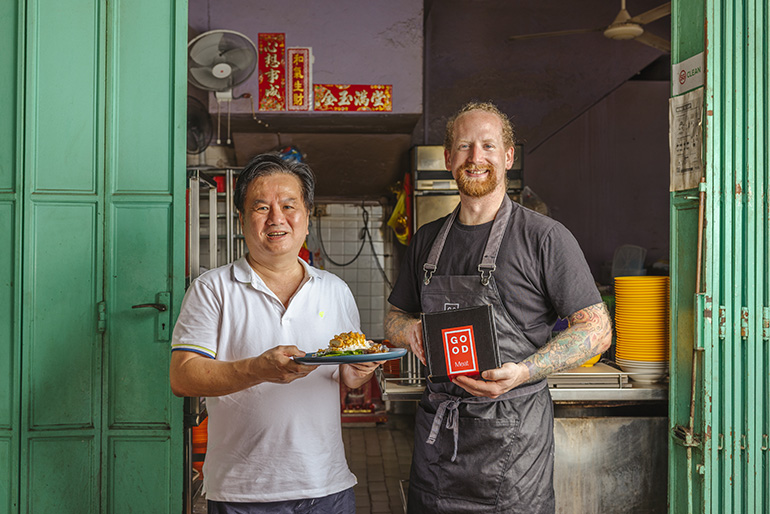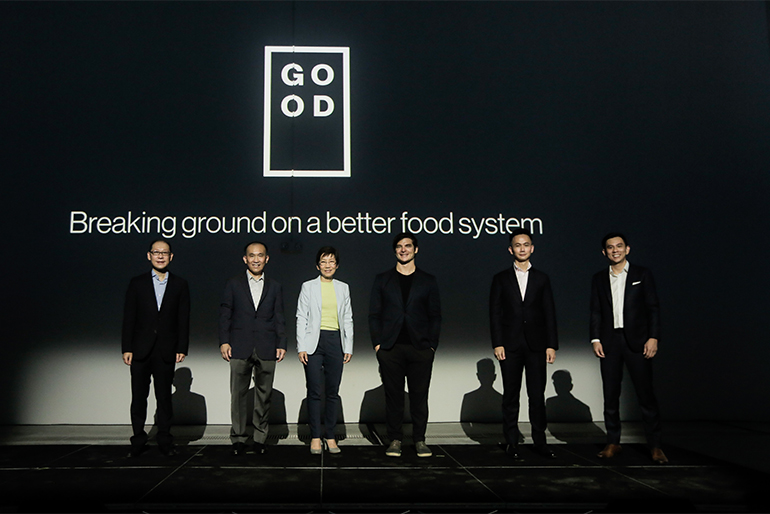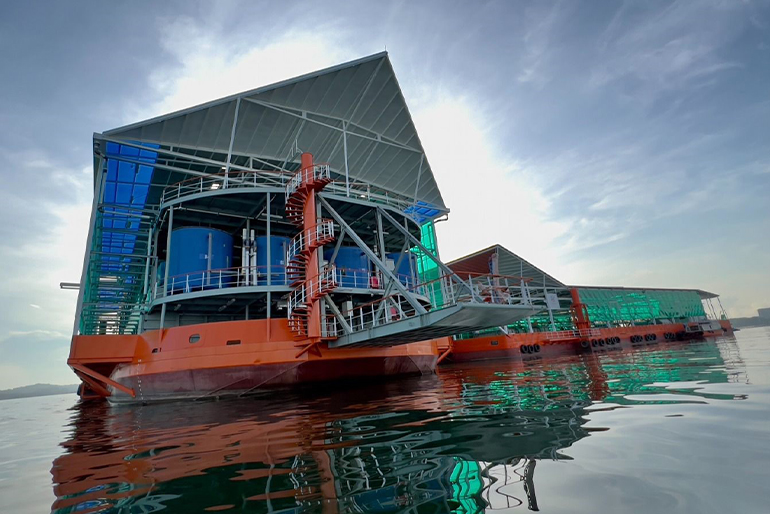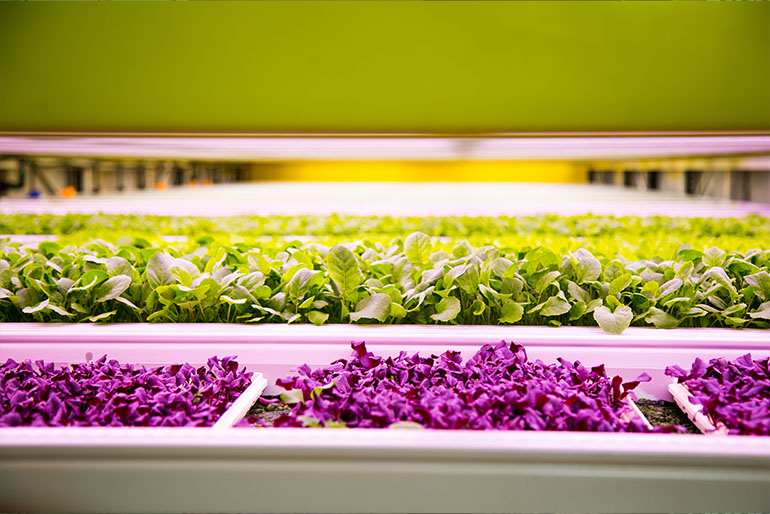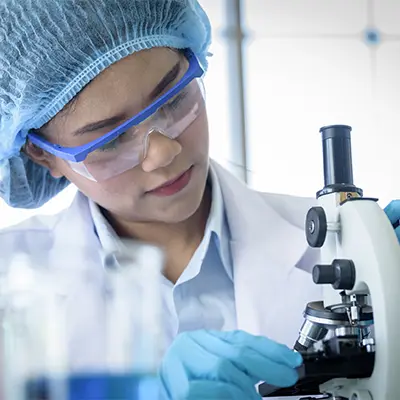Chicken meat produced in Singapore without slaughter might soon be a staple at F&B outlets — and first steps in this direction have been taken, such as at popular local food stall Loo’s Hainanese Curry Rice during a two-week pop-up event.
Eat Just’s cultivated meat subsidiary GOOD Meat, which sells directly to consumers and businesses, successfully teamed up with the family-run outlet, making it the first of its kind in the world to serve the product. When the Silicon Valley foodtech unicorn opens Asia’s largest cultivated meat facility in Singapore come 2023, it will be able to produce tens of thousands of kilograms of cell-cultured chicken to feed diners across the region.
“In Asia, Singapore has become the hub of production, R&D, and innovation across our company,” said Josh Tetrick, co-founder and CEO of Eat Just. “Singapore is really living in the future. It is not just focused on policies that make a difference today, but the kind of framework needed to build a thriving Singapore, long into the future.”
The alternative protein producer is one of many agritech startups plugging into Singapore’s framework, to deliver science-based, sustainable alternatives that address global food security, improve farming, and eradicate hunger.
Vertical farming specialist &ever, and Singapore-based Aquaculture Centre of Excellence (ACE) enjoy the country’s forward-thinking and collaborative ecosystem. Their solutions work around constraints such as limited land and sea resources, to generate higher yield while reducing environmental impact.
Critical to these successes is Singapore's supportive environment that drives innovation. This has enabled the delivery of world-first standards in the sale of cultivated meat; pushed the boundaries of what vertical farming can harvest no matter the climate or space; even designed fish farms that produce healthy fish without causing pollution.
